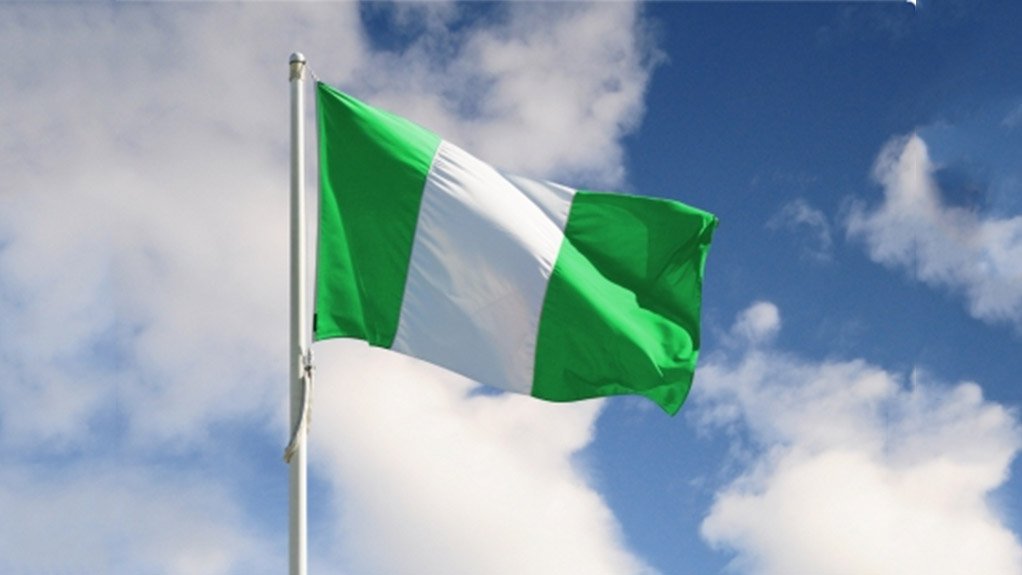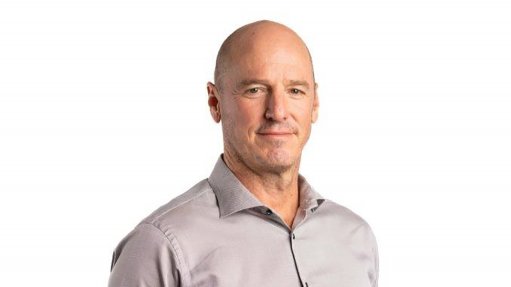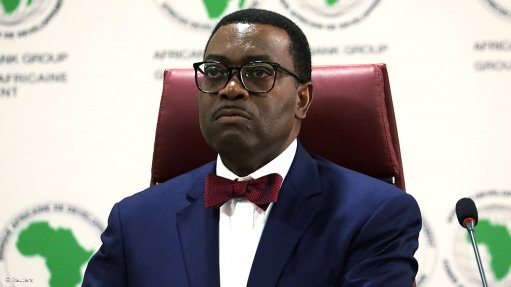Nigeria urged to diversify economy for fiscal growth
International Monetary Fund (IMF) board directors, who recently concluded an Article IV consultation with Nigeria, have agreed that mobilising additional nonoil revenues is critical to open up fiscal space and improve public service delivery over the medium term.
This finding was made in light of projections that the country’s oil exports would decline to $52-billion this year, resulting in lower oil revenues.
Further, the IMF noted that, while Nigeria’s authorities had a comprehensive economic transformation agenda, designed to boost growth, create new job opportunities and reduce poverty, the national infrastructure investment plan would need careful prioritisation, as financing the entire plan would be a challenge, even with more supportive financial conditions and good progress in financial inclusion.
The country experienced economic growth averaging 6.8% a year over the past decade, with the economy accounting for 35% of sub-Saharan Africa’s gross domestic product.
While the economy was diverse, with services accounting for over 50% and oil only 13% of gross domestic product (GDP) in 2013, the oil sector remained a critical source of fiscal revenues and foreign exchange.
Further, the sharply lower oil revenues to each tier of government would strain efforts to address social and economic disparities. In addition, the international environment was less accommodating, with uncertainty about the future of oil prices and the implications of the election outcome increasing investors’ risk aversion.
A sharp contraction in public investment and domestic demand was projected to reduce growth to 4%, with inflation increasing to 11.5% from the effects of exchange rate depreciation. These developments also increased risks to the banking sector, given its significant exposure to the oil industry and the potential for capital outflows.
OUTLOOK
The IMF noted that the country’s outlook was subject to significant risks, both external and domestic.
Further, it stated that growth would moderate as the economy adjusted to permanently lower oil prices.
Fiscal oil revenues were projected at 3.4% of GDP, limiting fiscal spending.
The depreciation of the exchange rate would add to inflation, reflecting the pass-through of higher domestic prices for imports, but the effect was likely to be contained, in part owing to lower food prices from increased local production of staple food crops.
Meanwhile, the IMF warned that investor sentiment could deteriorate rapidly depending on a further decline in oil prices, as well as developments in the region and the rest of the world.
Security risks could also increase owing to election-related violence. Election results, if disputed, could lead to a prolonged period of uncertainty, disrupting reform efforts and, in turn, adversely affecting investor sentiment.
The National Infrastructure Investment Plan (NIIP) has identified new investment needs of about $30-billion to $50-billion a year. With domestic savings sufficient to finance about a third of the NIIP, it risked crowding out private sector investment, particularly in the event of reduced foreign portfolio inflows.
Consequently, external financing might be needed to fill the gap.
Comments
Announcements
What's On
Subscribe to improve your user experience...
Option 1 (equivalent of R125 a month):
Receive a weekly copy of Creamer Media's Engineering News & Mining Weekly magazine
(print copy for those in South Africa and e-magazine for those outside of South Africa)
Receive daily email newsletters
Access to full search results
Access archive of magazine back copies
Access to Projects in Progress
Access to ONE Research Report of your choice in PDF format
Option 2 (equivalent of R375 a month):
All benefits from Option 1
PLUS
Access to Creamer Media's Research Channel Africa for ALL Research Reports, in PDF format, on various industrial and mining sectors
including Electricity; Water; Energy Transition; Hydrogen; Roads, Rail and Ports; Coal; Gold; Platinum; Battery Metals; etc.
Already a subscriber?
Forgotten your password?
Receive weekly copy of Creamer Media's Engineering News & Mining Weekly magazine (print copy for those in South Africa and e-magazine for those outside of South Africa)
➕
Recieve daily email newsletters
➕
Access to full search results
➕
Access archive of magazine back copies
➕
Access to Projects in Progress
➕
Access to ONE Research Report of your choice in PDF format
RESEARCH CHANNEL AFRICA
R4500 (equivalent of R375 a month)
SUBSCRIBEAll benefits from Option 1
➕
Access to Creamer Media's Research Channel Africa for ALL Research Reports on various industrial and mining sectors, in PDF format, including on:
Electricity
➕
Water
➕
Energy Transition
➕
Hydrogen
➕
Roads, Rail and Ports
➕
Coal
➕
Gold
➕
Platinum
➕
Battery Metals
➕
etc.
Receive all benefits from Option 1 or Option 2 delivered to numerous people at your company
➕
Multiple User names and Passwords for simultaneous log-ins
➕
Intranet integration access to all in your organisation





















